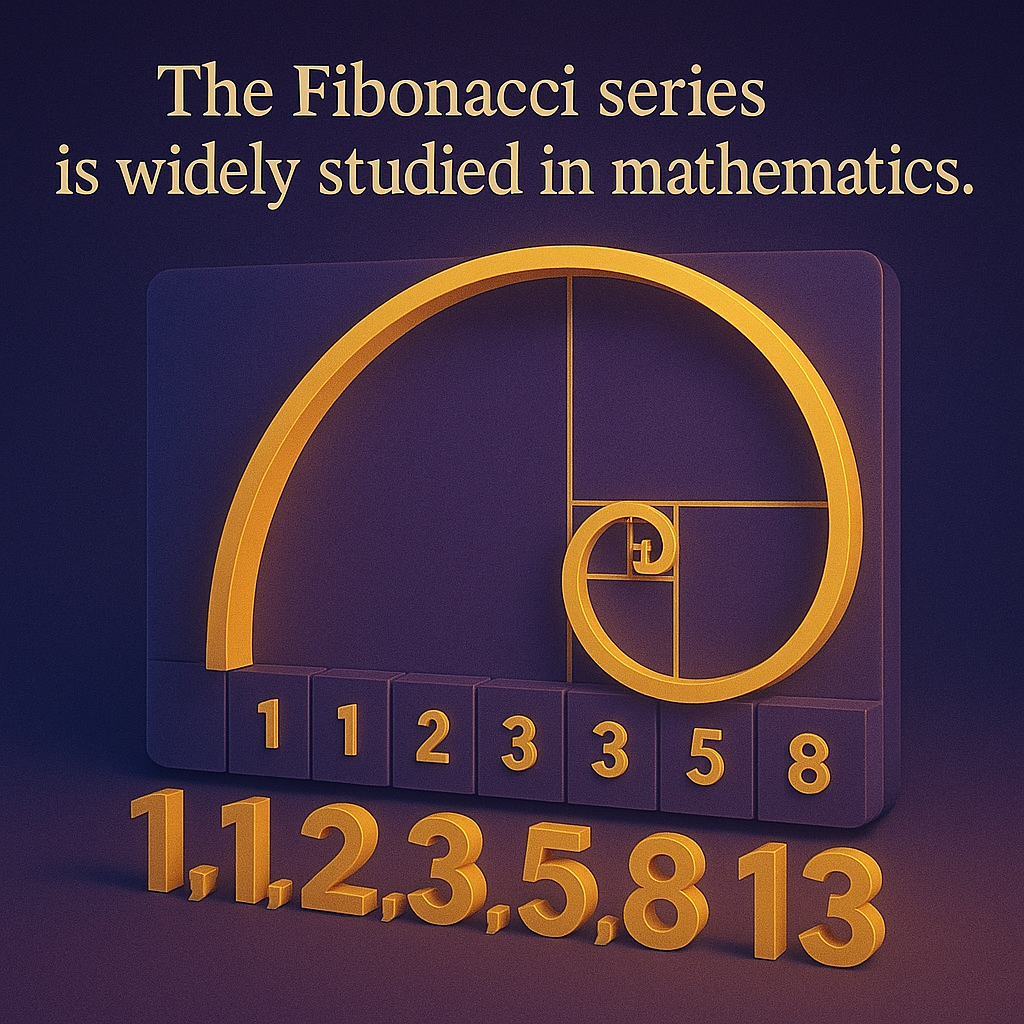Series
Definition
Series is a noun. It refers to a number of similar or related things, events, or elements arranged in a sequence or following one another.
Parts of Speech
- Noun
Pronunciation
American English
- IPA Pronunciation: /ˈsɪr.iːz/, /ˈsɪr.iːz/
- Respelling: SEER-eez
British English
- IPA Pronunciation: /ˈsɪə.riːz/, /ˈsɪər.iːz/
- Respelling: SIHR-eez
Etymology
The word "series" originates from the Latin "series," meaning "a row, succession, or sequence." It is derived from "serere," meaning "to join or connect," and entered Middle English in the 14th century.
Derivatives
- Serial (adjective/noun)
- Serialized (adjective)
- Seriesly (adverb)
- Series-parallel (adjective)
- Subseries (noun)
Synonyms
- Sequence
- Progression
- Set
Antonyms
- Interruption
- Disorder
- None
Usage
The term "series" is commonly used in academic, entertainment, and mathematical contexts. Examples include "The television series gained immense popularity" and "The experiment was conducted in a series of steps."
Related Terms
- Sequence: A specific order in which related events or items follow each other.
- Cycle: A series of events that repeat in a regular pattern.
- Array: An orderly arrangement of items or elements.
Detailed Definitions
Noun
- A number of similar or related things arranged in a sequence: Refers to items or events that are connected or follow one another.
- Example: "The artist presented a series of paintings based on nature."
- A set of television or radio programs: Refers to a collection of episodes broadcast in succession.
- Example: "The documentary series explores ancient civilizations."
- A sequence of numbers or terms in mathematics: Refers to a set of numbers arranged according to a specific rule.
- Example: "The Fibonacci series is widely studied in mathematics."
- A group of objects with a similar design: Refers to a collection of items that share common features.
- Example: "The car manufacturer released a new series of electric vehicles."
series



🇨🇳 Mandarin
- 系列 (xìliè) - Series (sequence)
- IPA: [ɕî.liê]
- Respelling: shi-lie
- 连续剧 (liánxùjù) - Series (TV or radio)
- IPA: [ljɛ̌n.ɕŷ.tɕỳ]
- Respelling: lyen-shu-chu
🇮🇳 Hindi
- श्रृंखला (śr̥ṇkhalā) - Series (sequence)
- IPA: [ʃrŋkʰəla]
- Respelling: shring-kha-la
- टीवी सीरीज (ṭīvī sīrīj) - Series (TV or radio)
- IPA: [ʈiːviː siːriːd͡ʒ]
- Respelling: tee-vee see-reej
🇪🇸 Spanish
- Serie - Series (sequence or TV/radio)
- IPA: [ˈseɾje]
- Respelling: ser-ye
🇫🇷 French
- Série - Series (sequence or TV/radio)
- IPA: [seʁi]
- Respelling: se-ree
🇦🇪 Modern Standard Arabic
- سلسلة (silsilah) - Series (sequence)
- IPA: [silsila]
- Respelling: sil-si-la
- مسلسل (musalsal) - Series (TV or radio)
- IPA: [muˈsalsal]
- Respelling: mu-sal-sal
🇧🇩 Bengali
- সিরিজ (Sirija) - Series (sequence)
- IPA: [sirid͡ʒ]
- Respelling: si-rij
- টেলিভিশন ধারাবাহিক (Ṭelibiśan dhārābāhika) - Series (TV or radio)
- IPA: [ʈelib̤iʃɔn d̪ʱaɾab̤ahik̚a]
- Respelling: te-li-bi-shon dha-ra-ba-hi-ka
🇷🇺 Russian
- Серия (Seriya) - Series (sequence)
- IPA: [sʲɪˈrʲijə]
- Respelling: si-ri-ya
- Телесериал (Teleserial) - Series (TV or radio)
- IPA: [tʲɪlʲɪsʲɪˈrʲiəl]
- Respelling: te-le-si-rial
🇵🇹 Portuguese
- Série - Series (sequence or TV/radio)
- IPA: [ˈsɛɾi]
- Respelling: se-ri
🇮🇩 Indonesian
- Seri - Series (sequence)
- IPA: [ˈsɛri]
- Respelling: se-ri
- Serial TV - Series (TV or radio)
- IPA: [sɛriˈal tiˈfi]
- Respelling: se-ri-al ti-fi
🇩🇪 German
- Serie - Series (sequence or TV/radio)
- IPA: [ˈziːʁi]
- Respelling: zee-ree
🇯🇵 Japanese
- シリーズ (Shirīzu) - Series (sequence)
- IPA: [ɕiɾiːzu]
- Respelling: shi-rii-zu
- テレビシリーズ (Terebi shirīzu) - Series (TV or radio)
- IPA: [teɾebi ɕiɾiːzu]
- Respelling: te-re-bi shi-rii-zu
🇻🇳 Vietnamese
- Chuỗi - Series (sequence)
- IPA: [cʰwəːj˧˧]
- Respelling: chwoi
- Phim truyền hình - Series (TV or radio)
- IPA: [fim˧˧ zʊən˧˧ hiŋ˧˧]
- Respelling: fim truyen hinh
🇰🇷 Korean
- 시리즈 (Shirijeu) - Series (sequence)
- IPA: [ɕʰiɾiʑɯ]
- Respelling: shi-ri-jeu
- 텔레비전 시리즈 (Tellebijeon shirijeu) - Series (TV or radio)
- IPA: [tʰɛlːɛbiʑʌn ɕʰiɾiʑɯ]
- Respelling: tel-le-bi-jeon shi-ri-jeu
🇹🇷 Turkish
- Seri - Series (sequence)
- IPA: [seɾi]
- Respelling: se-ri
- Dizi - Series (TV or radio)
- IPA: [dizi]
- Respelling: di-zi
🇵🇰 Urdu
- سلسلہ (Silsila) - Series (sequence)
- IPA: [sɪlsɪlaː]
- Respelling: sil-si-la
- ٹیلی ویژن سیریز (Ṭēlī wījaṇ sīrīz) - Series (TV or radio)
- IPA: [ʈeːliː wiːd͡ʒən siːriːz]
- Respelling: te-lee wi-jan see-reez





